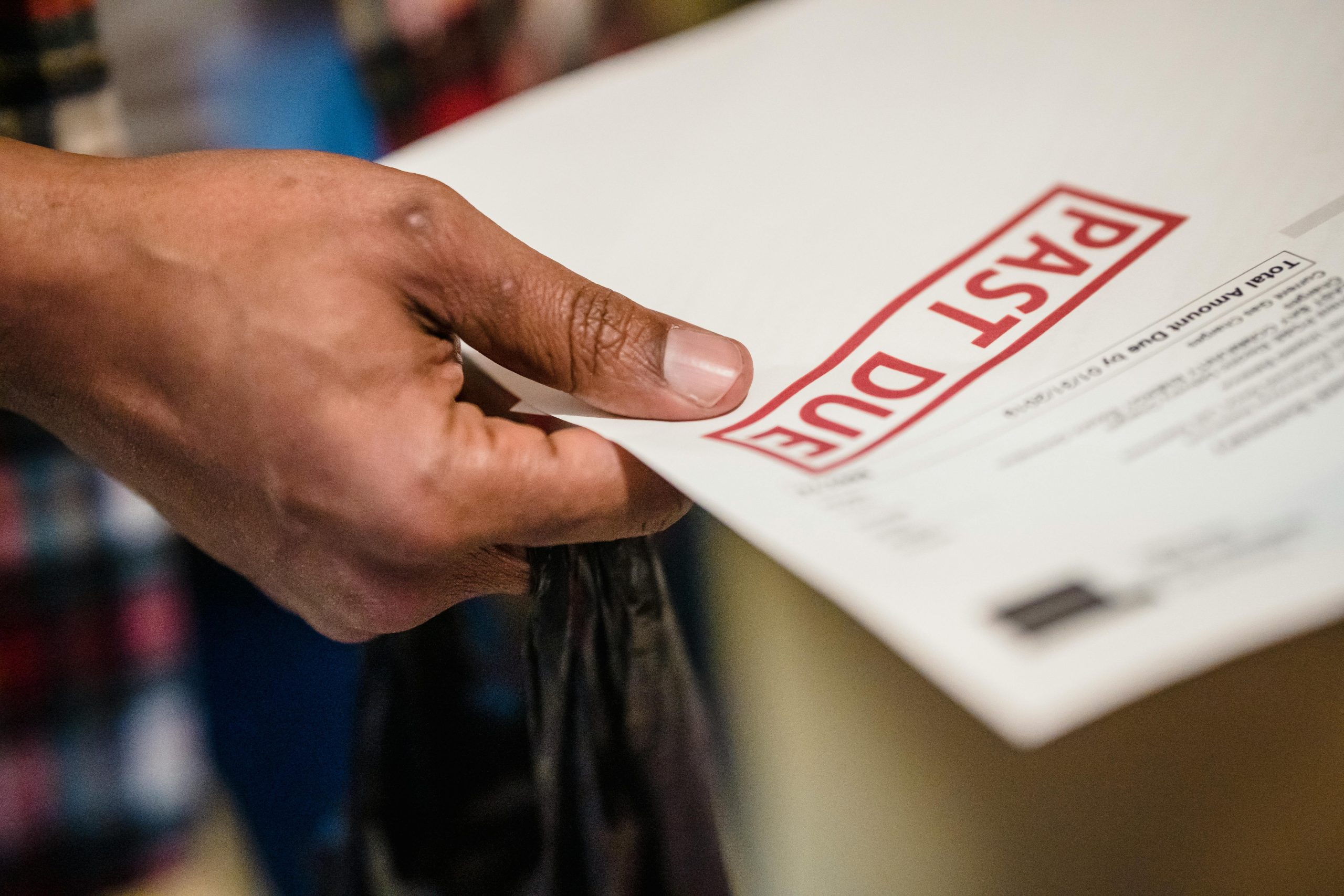Ever stared at a pile of tax forms and wondered, “Am I doing this right?” You’re not alone. More than 60% of taxpayers feel overwhelmed by the complexity of tax planning, according to recent surveys. But here’s the good news—you don’t have to figure it all out on your own. The solution lies in mastering tax strategies through education. In this post, we’ll explore frequently asked questions about tax strategy courses, uncover their benefits, and guide you toward making smarter financial decisions.
In this guide, you’ll learn:
- Why understanding tax planning matters for your finances
- How to choose the best tax strategy course for your needs
- Actionable tips to maximize what you learn
- Real-world success stories from those who’ve taken these courses
- Common FAQs answered—so no question is left behind
Table of Contents
- Key Takeaways
- Why Investing in Tax Planning Knowledge Matters
- Step-by-Step Guide to Choosing a Tax Strategy Course
- Top Tips to Succeed in a Tax Strategy Course
- Case Studies: How Tax Strategy Experts Thrive
- Tax Strategy FAQs Answered
Key Takeaways
- A structured tax strategy course can reduce errors and save money.
- Understanding tax credits, deductions, and deferrals empowers smarter decision-making.
- Picking the wrong course without vetting credentials might waste time and effort.
Why Investing in Tax Planning Knowledge Matters
Imagine trying to bake an elaborate cake without instructions—it’d probably end up looking more like abstract art. That’s exactly how most people approach taxes without proper guidance. Ignorance isn’t bliss here; it’s costly. Overpaying in taxes is one thing, but missing critical opportunities to save could set back your long-term goals significantly.

The One Mistake I Made (And You Should Avoid)
Confession time: Early in my journey, I signed up for a beginner-level “tax mastery” webinar that promised results but delivered fluff. No tangible strategies, no clarity—just vague advice like “file early.” Save yourself from such disasters by prioritizing accredited programs or instructor reviews before enrolling.
“Optimist You:”
“Learning tax strategies will help me save thousands!”
“Grumpy You:”
“Ugh, fine—but only if there’s coffee and snacks involved.”
Step-by-Step Guide to Choosing a Tax Strategy Course
Finding the perfect course doesn’t have to be overwhelming. Follow these steps:
- Identify Your Goals: Are you aiming for personal savings, small business optimization, or estate planning?
- Research Providers: Look for certifications, testimonials, and endorsements from trusted institutions.
- Evaluate Course Structure: Does it include modules on tax credits, audit preparation, and investment deferrals?
- Check Support Options: Is there access to live Q&A sessions or mentorship?

This process ensures you won’t fall victim to another overpriced PDF download masquerading as a “course.” Trust me—I’ve been burned twice.
Top Tips to Succeed in a Tax Strategy Course
Here are three must-follow practices:
- Take Notes Like It’s College Again: Pen and paper still work wonders.
- Apply Concepts Immediately: For example, test new deductions during tax season rather than waiting years.
- Network with Classmates: Group discussions foster deeper insights and shared experiences.
| Tip | Benefit |
|---|---|
| Note-taking | Reinforces memory retention |
| Practical application | Reduces theory-to-practice gap |
| Networking | Builds professional connections |
Case Studies: How Tax Strategy Experts Thrive
Meet Sarah, who saved $15,000 annually after completing a six-week intensive course. Or John, whose side hustle saw massive growth thanks to strategic write-offs taught in a bootcamp. These examples prove the transformative power of quality tax education.

Tax Strategy FAQs Answered
Q: What’s the difference between a deduction and a credit?
A: Deductions lower taxable income, while credits directly reduce your tax bill.
Q: Can beginners handle advanced courses?
A: Absolutely—if they start with foundational lessons first!
Q: How much should I budget for a good course?
A: Prices vary widely, but expect to invest anywhere from $200 to $2,000 depending on depth and duration.
Conclusion
Tax strategy courses aren’t just about numbers—they’re about empowerment. From unraveling confusing IRS jargon to unlocking hidden savings avenues, arming yourself with knowledge pays dividends. Ready to become a tax whiz? Start exploring reputable courses today.
Like Tetris blocks falling perfectly into place, mastering tax strategies organizes chaos into clarity. Keep learning—and remember, even small wins add up big over time.
*Insert meme reference to Pac-Man munching coins* 😉


